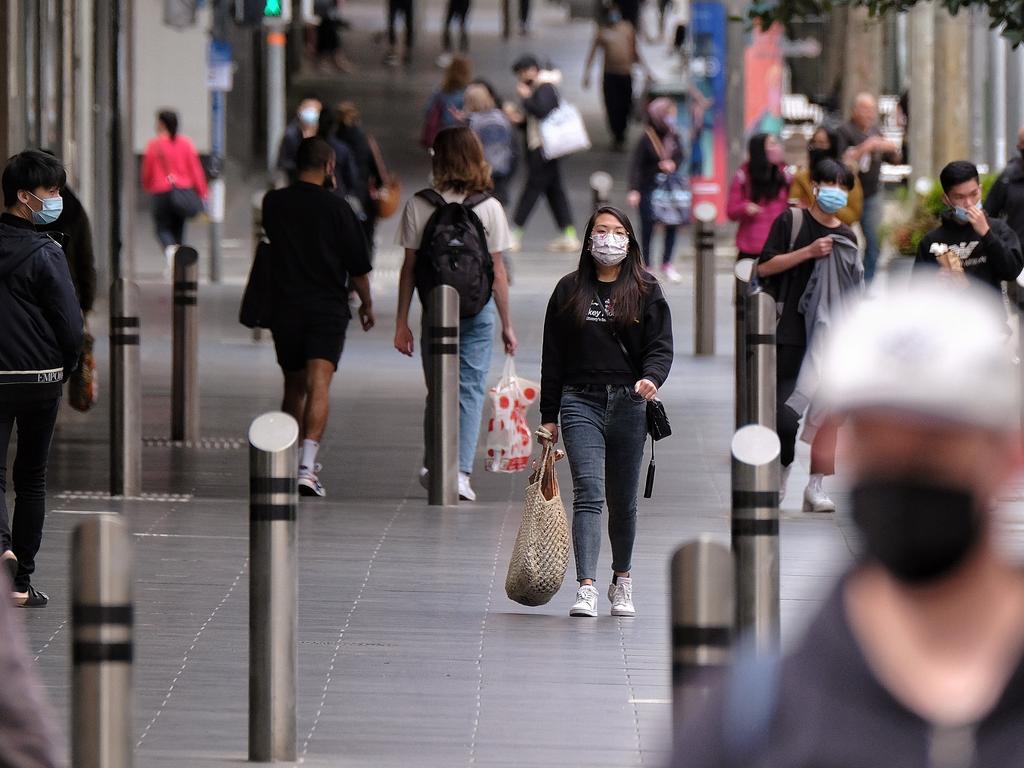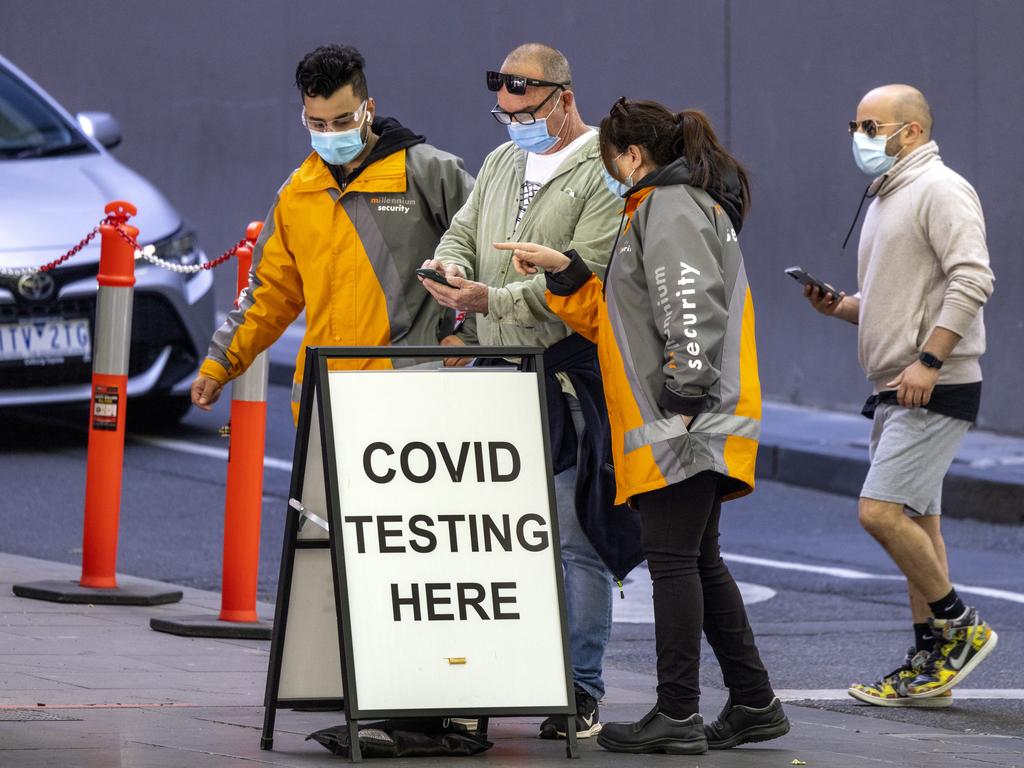Fast-spreading XBB Covid-19 strain reaches Australia
Experts have weighed in on a new Covid-19 variant that has reached Australia after rapidly emerging out of Singapore.

A new immune-resistant and rapidly spreading Covid variant has reached Australia.
The XBB strain, which is said to be resistant to vaccines and antibodies from previous infections, emerged in Singapore weeks ago and is already spreading in Australia.
Some media reports have dubbed it the ‘nightmare variant’ after cases in Singapore doubled in a day.
“It is likely the most immune-evasive and poses problems for current monoclonal antibody-based treatments and prevention strategy,” Amesh Adalja, a public-health expert at the Johns Hopkins Center for Health Security, told The Daily Beast.
However, people who are fully vaccinated are far less likely to become seriously ill if they contract XBB - and Pfizer and Moderna’s new “bivalent” vaccines are efective at fighting off the new strain.
The Courier Mail reported the strain went from making up one fifth of Australia’s Covid cases to more than a half in just one week.

Australia recorded 31,636 new cases of Covid last week — marking a 2.2 per cent increase.
Health authorities reported 21 cases of the XBB variant in NSW in the week ending October 15, while cases in Victoria rose by 24.7 per cent to 8537 in the week ending October 28.
The state’s hospitalisation rate rose 20.3 per cent to 172 patients, with seven people on average dying with the virus each day.
“Surveillance shows the presence of multiple Omicron subvariants in Victoria including rapid growth of (the Omicron subvariant) BQ. 1 and XBB in the past month, with a combined prevalence of approximately 10 per cent in wastewater and clinical sample,” Victoria’s chief health officer Professor Brett Sutton said.
“Continued growth at these rates would see these subvariants overtake BA. 5 as the dominant varian.”

Infectious diseases expert Professor Peter Collignon said there was no evidence the new strain was “more virulent, as judged by hospitalisations and deaths”.
Deakin University infectious diseases expert Professor Catherine Bennett said hybrid immunity in Australia would be a lot higher compared to last year when the Omicron strain hit our shores.
“More than half the population has been both vaccinated and had an infection, and that does put you in a more resilient position in when facing future waves,” Professor Bennett said, estimating that around “80 per cent of Australians have had Covid”.
“We won’t see the same high hospitalisation and high death numbers that we saw between December and July, because that’s when all the variants were circulating and people were basically getting infected for the first time.”
The development came two weeks after mandatory RAT test reporting for NSW residents was scrapped.
NSW chief health officer Kerry Chant urged people to continue the practice voluntarily even though it is not mandatory.
“Registering a positive RAT through Service NSW allows us to connect people to medical care, particularly older people and the immunocompromised, and it also helps inform our ongoing public health response,” she said.
The NSW government made it mandatory for residents to report their positive RAT results back in January, with the risk of a $1000 fine if they failed to do so.
Dr Chant also asked the public to continue to take the “simple but important steps” to protect others ahead of mandatory isolation ending for the entire country on Friday.
“In particular, we urge people to please stay at home if they have cold or flu-like symptoms such as a runny nose, sore throat, cough or fever and go and get tested,” she said.
“If you have Covid-19 you may be infectious for up to 10 days, but you are most infectious in the two days before your symptoms start and while you have symptoms.”
“If you have to leave the house while unwell, wear a mask when indoors and on public transport, avoid large gatherings and indoor crowded places, and don’t visit high risk settings, such as hospitals, aged or disability care facilities for at least seven days.”



